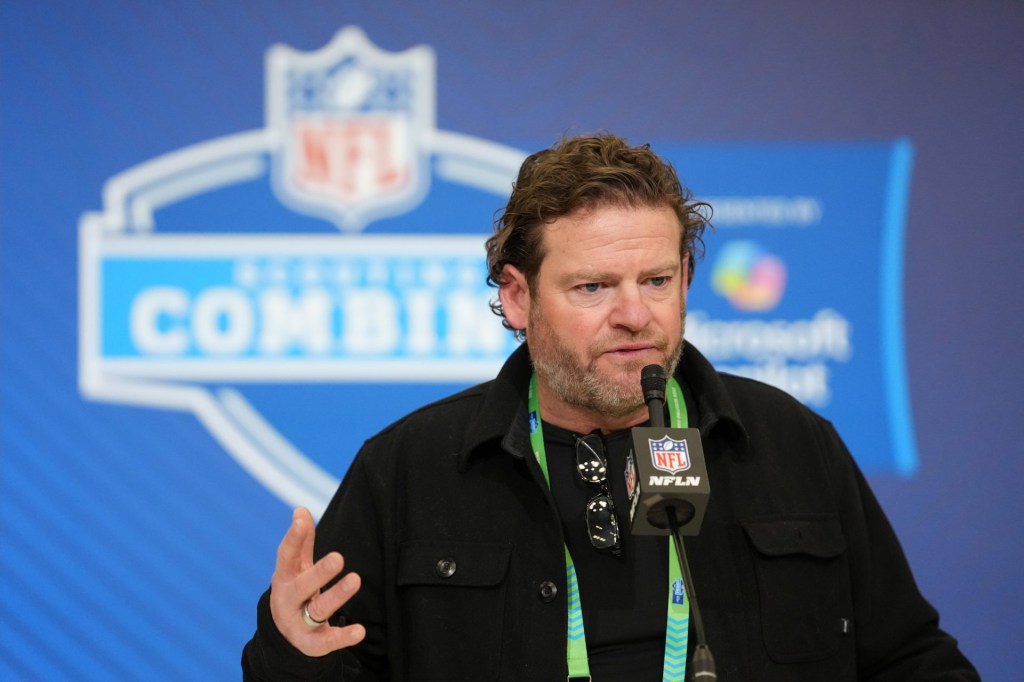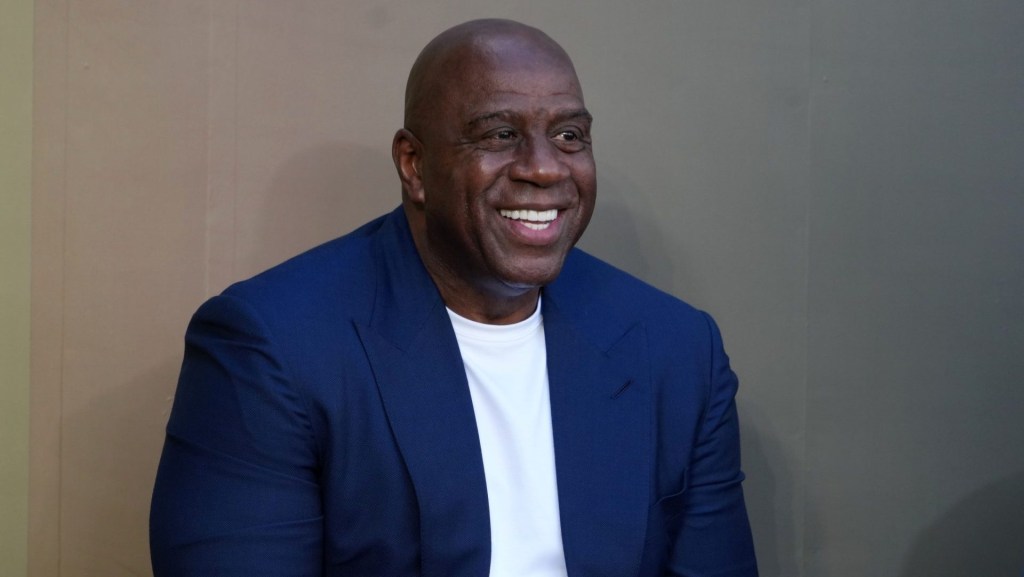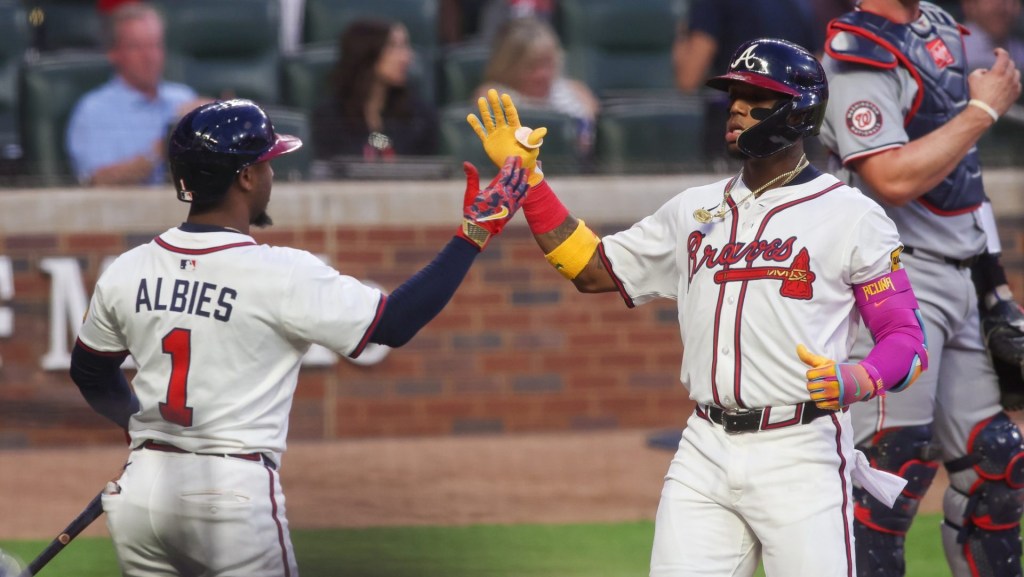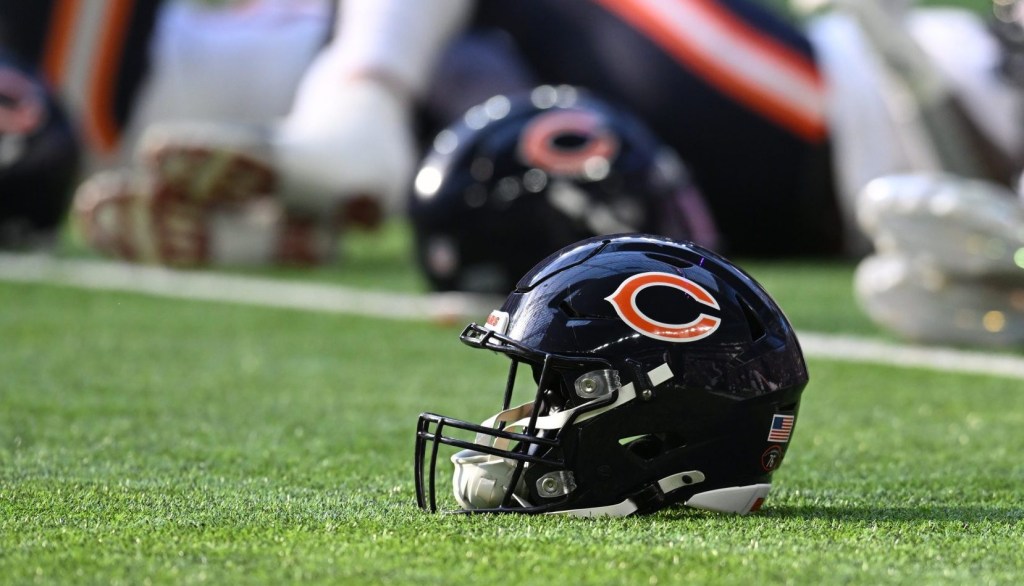After playing each other tight all season, the two best teams in the WNBA — the Chicago Sky and the Las Vegas Aces — faced off Tuesday night for the second-ever Commissioner’s Cup.
The spectacle saw perennial contender Las Vegas upset reigning WNBA champion Chicago 93-83 to claim the trophy and accompanying cash prizes.
It’s all part of commissioner Cathy Engelbert’s plan to continue building the WNBA into the premier sports entertainment product it has always known it is.
“When I came in, I said we need household names, storytelling, marketing, and we need to build rivalries,” Engelbert told Front Office Sports. “Because we’re smaller than the men’s leagues, our playoffs aren’t conference-driven, because we only have 12 teams and eight make the playoffs. So the Commissioner’s Cup was important to build rivalries.”
The Commissioner’s Cup is, of course, reminiscent of similar European trophy competitions like English soccer’s FA Cup. It provides teams and their fans another opportunity to take home hardware — and bragging rights.
One of the purposes of the in-season tournament was to boost the on-court product — the other to raise the financial bar for both the league and players.
“One of the ways to do that is to find other ways, one, to get them paid, but two, to drive revenue so we can pay them more,” says Engelbert. “That’s what the Commissioner’s Cup has now become in just its second year.
“It all started with ideas from the players and the league back in collective bargaining.”
- Each Aces player was awarded a $30,000 bonus for playing on the winning team.
- Cup MVP Chelsea Gray took home an additional $5,000.
- Each Sky player earned a $10,000 bonus as runner-up.
The Cup is also becoming a major driver of revenue and exposure for the league.
Cryptocurrency exchange Coinbase became the presenting sponsor of the tournament this season, while games streaming exclusively on Amazon Prime Video worked to draw in “digital-native and younger fans,” as Engelbert puts it.
Ultimately, the Commissioner’s Cup is providing a level of legitimacy that will help the league as it continues to push into the mainstream.
“I think we’ve been undervalued in the past as a legitimate sports media and entertainment property,” Engelbert says, “and now, I think we’re getting what we deserve.”
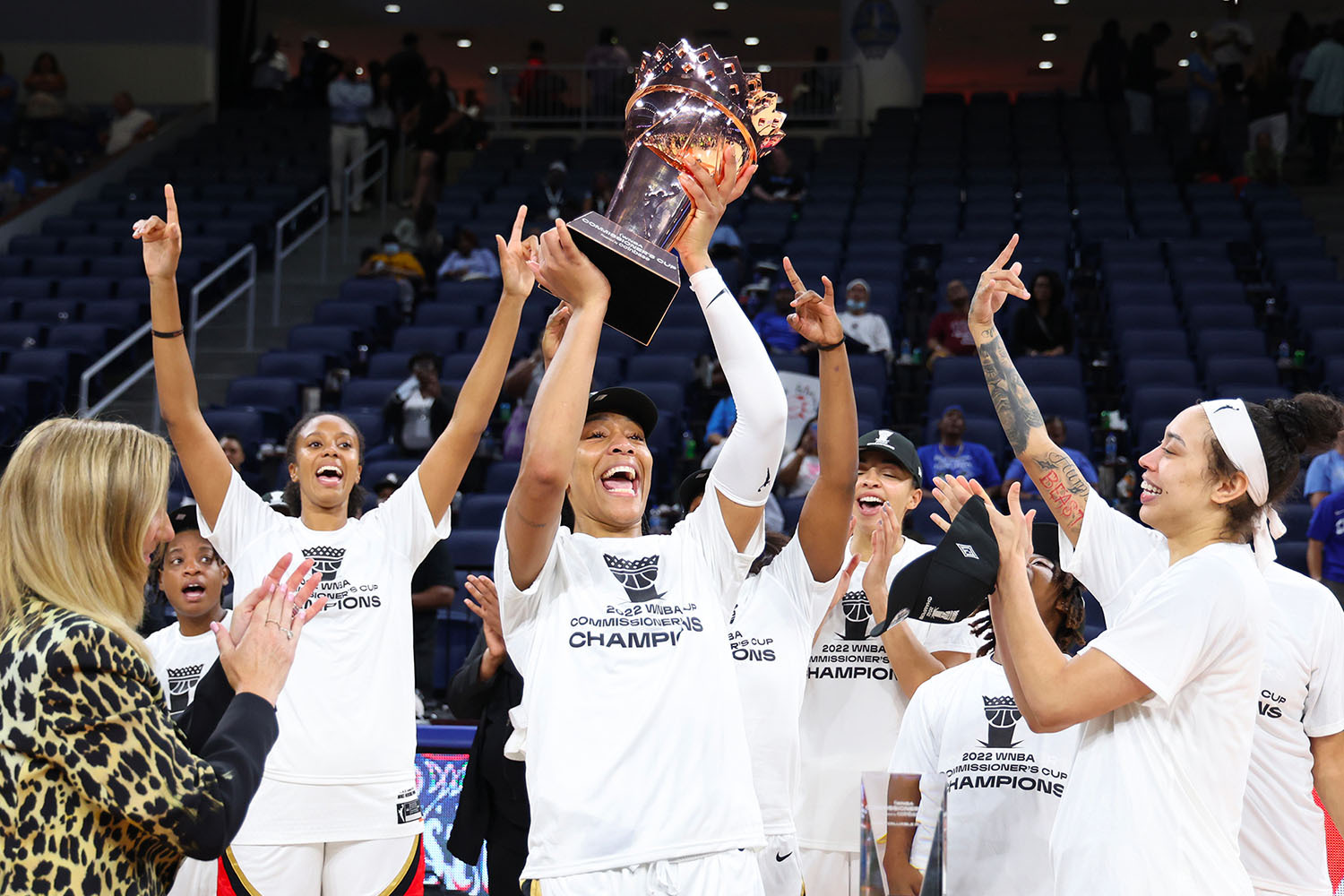


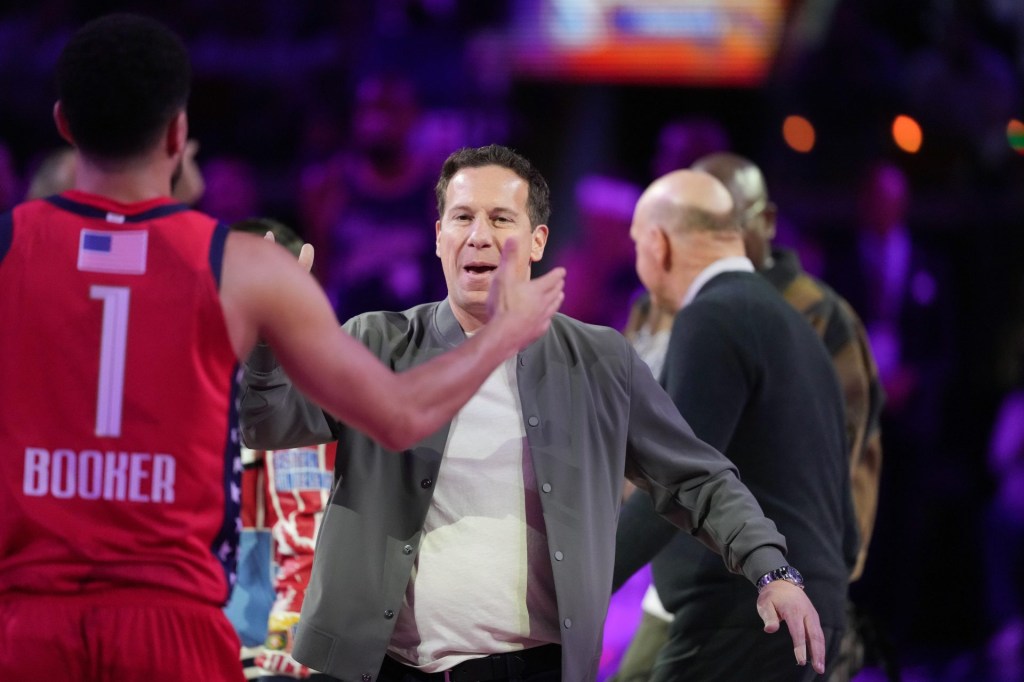
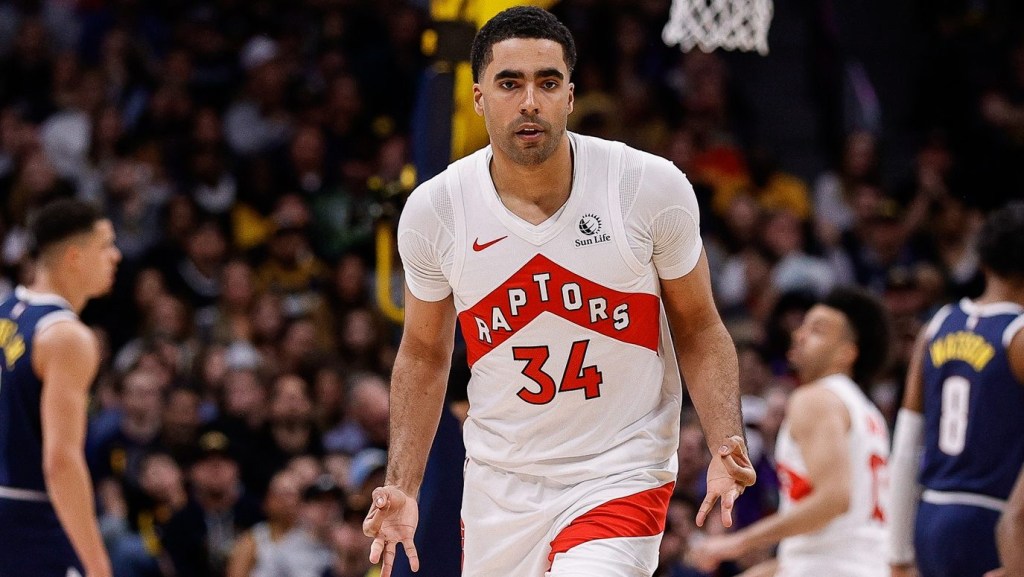
![[Subscription Customers Only] Jun 15, 2025; Seattle, Washington, USA; Botafogo owner John Textor inside the stadium before the match during a group stage match of the 2025 FIFA Club World Cup at Lumen Field.](https://frontofficesports.com/wp-content/uploads/2026/02/USATSI_26465842_168416386_lowres-scaled.jpg?quality=100&w=1024)
![[Subscription Customers Only] Jul 13, 2025; East Rutherford, New Jersey, USA; Chelsea FC midfielder Cole Palmer (10) celebrates winning the final of the 2025 FIFA Club World Cup at MetLife Stadium](https://frontofficesports.com/wp-content/uploads/2026/02/USATSI_26636703-scaled-e1770932227605.jpg?quality=100&w=1024)



